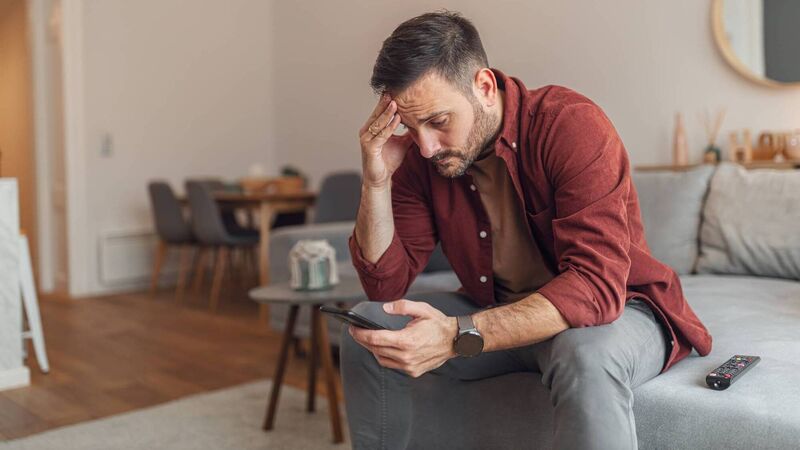Gareth O'Callaghan: Auden's 'age of anxiety' has never been more relevant

General unease and lack of meaning sum up life for many people right now. Our country’s mental health is in a very bad way. File photo
On a wall in my office hangs a framed poem by WH Auden called – a phrase he coined to describe the post-Second World War era’s general unease and lack of meaning. “We are always peering into our mirrors…” is one of its lines that has stayed with me since I first read it.
October is Mental Health Month. Next Friday marks World Mental Health Day. It’s almost 80 years since Auden’s poem was published, but its message has never been so relevant. General unease and lack of meaning sum up life for many people right now. Our country’s mental health is in a very bad way.












